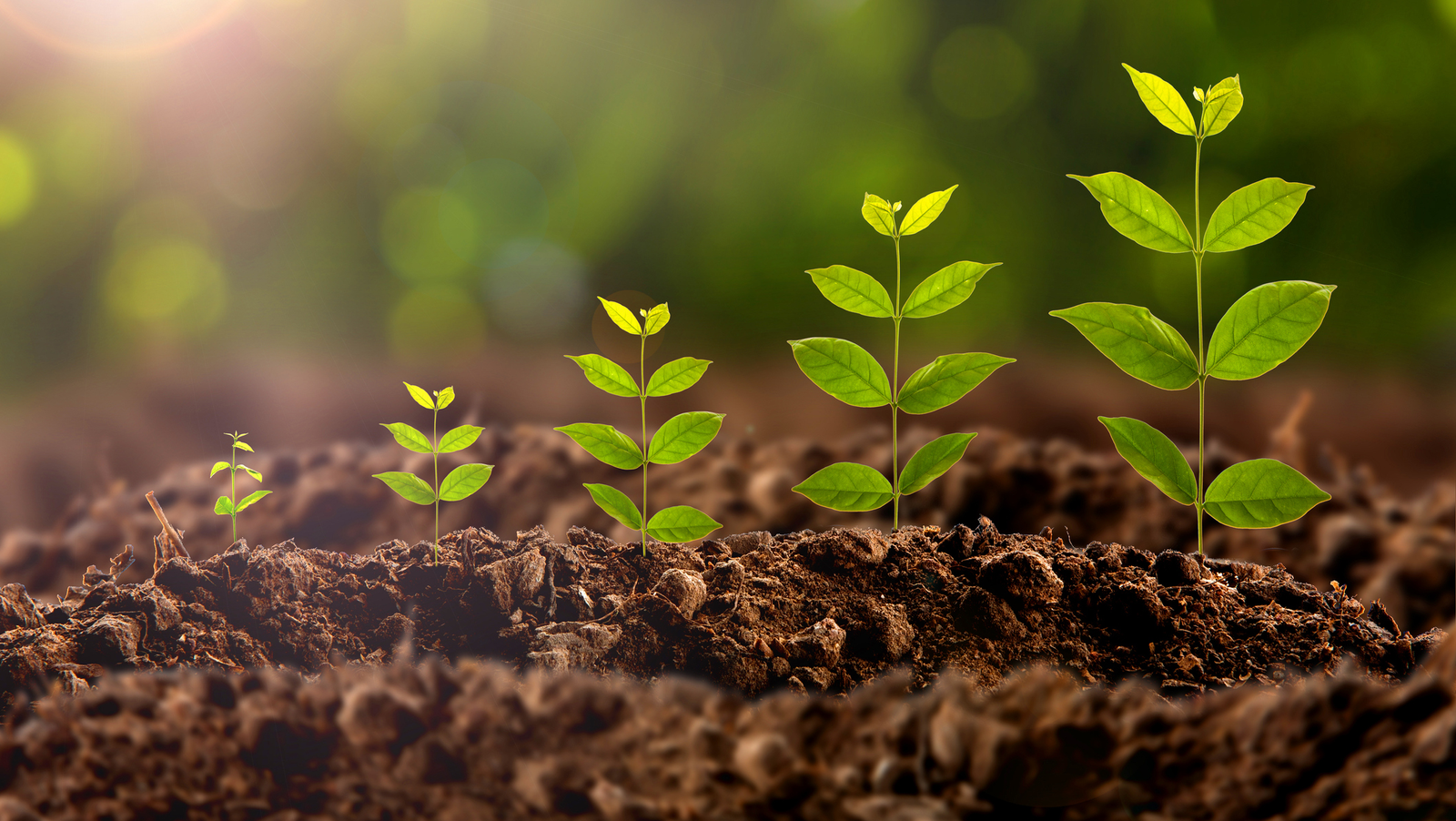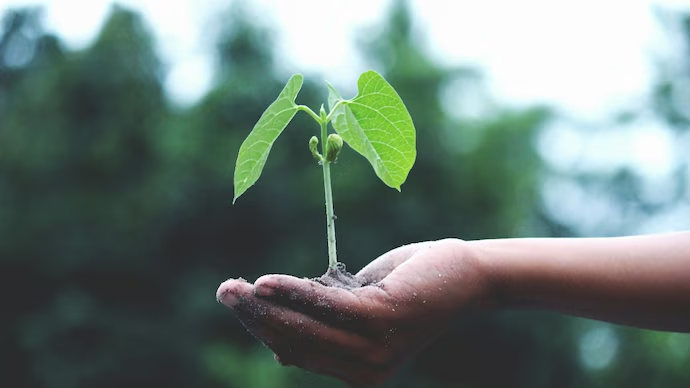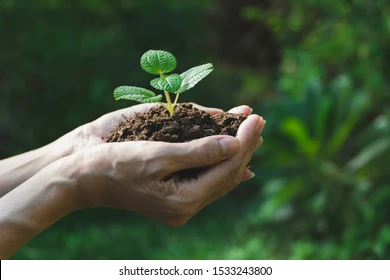
plants are more than just green decorations in our gardens and homes. They are living organisms that play an important role in our planet’s survival. From producing oxygen to improving mental health, plants are connected to almost every part of human life. In recent years, people have started paying more attention to plants not only for their beauty but also for their environmental Planet and health benefits. This global “plant movement” is changing the way we think about nature.
When we talk about the importance of plants, Planet the first thing that comes to mind is oxygen. Plants release oxygen through photosynthesis, a process where they convert sunlight, carbon dioxide, and water into energy. Without plants, humans and animals would Planet not survive. Forests, grasslands, and even small houseplants contribute to this life-sustaining process.
Plants also act as natural air purifiers. According to several studies, indoor plants can reduce toxins in the air, helping people breathe better. That is why more families, offices, and even hospitals are adding greenery to their spaces.
Apart from providing oxygen, plants help in controlling climate. Forests like the Amazon are often called the “lungs of the Earth” because they absorb massive amounts of carbon dioxide. Planet This helps reduce global warming and protect biodiversity.
Plants also prevent soil erosion. Their roots hold the soil together, reducing the Planet risk of floods and landslides. In agriculture, planting trees along fields can protect crops from strong winds and improve soil quality.
In cities, plants play another important role. Green parks, rooftop gardens, and urban forests reduce heat, making cities cooler. They also provide shade, reduce noise pollution, and support Planet urban wildlife like birds and bees.

Beyond environmental benefits, plants directly impact human health. Studies Planet have shown that being around plants lowers stress and boosts mood. People who keep indoor plants often report feeling calmer and more focused. This is why plants are now part of modern interior design.
Medicinal plants have been used for thousands of years. Aloe vera helps in healing burns, tulsi (holy basil) is known for boosting immunity, and peppermint is used to relieve headaches and digestion problems. In fact, many modern medicines are developed from plant compounds.
Another growing trend is “plant therapy.” Hospitals and wellness centers use plants to create peaceful environments for patients. Spending time in gardens or even looking at plants through a window has been shown to improve recovery rates.
In the past decade, houseplants have become a global trend. Social media platforms are filled with plant lovers showcasing their “urban jungles.” From succulents to hanging plants, the demand for indoor greenery has skyrocketed.
One reason for this is the growing awareness of sustainability. People want to live greener lifestyles, and keeping plants at home is an easy way to start. Another reason is aesthetics—plants make homes look fresh, vibrant, and Instagram-worthy.
Gardening has also gained popularity, especially during the COVID-19 pandemic. With people staying at home, gardening became a relaxing hobby. Many started growing herbs, vegetables, and fruits on balconies and terraces. This not only provided fresh food but also gave people a sense of achievement.
Plants are not just about health and the environment—they are also big business. The global plant and gardening industry is worth billions of dollars. Nurseries, garden centers, and online plant stores are booming.
Agriculture, one of the oldest industries, is still the backbone of many economies. Crops like rice, wheat, and maize feed billions of people. At the same time, cash crops like coffee, tea, and cotton support global trade.
Even industries like fashion and cosmetics depend on plants. Cotton makes clothes, while essential oils from lavender, rose, and sandalwood are used in perfumes and skincare products.

Despite their importance, plants are under threat. Deforestation, climate change, and pollution are destroying natural habitats. Many plant species are disappearing faster than animals. According to experts, more than 40% of plant species are at risk of extinction.
Urbanization is another problem. As cities expand, green spaces shrink. This not only reduces the number of plants but also affects wildlife that depends on them.
Overuse of chemicals in farming also harms plants. Pesticides and fertilizers may boost crop production in the short term, but they damage soil health in the long run. Sustainable farming practices are needed to protect both plants and people.
Looking ahead, the future of plants is tied to human actions. Governments, scientists, and communities are working together to save plants and promote green living. Urban farming, vertical gardens, and reforestation projects are some solutions gaining attention.
Technology is also playing a role. Smart gardening tools, hydroponics (growing plants without soil), and AI-based farming are helping people grow plants more efficiently. At the same time, conservation programs are focusing on protecting endangered plant species.
But individuals can also make a big difference. Simple actions like planting a tree, growing herbs at home, or reducing paper waste contribute to plant conservation.
Plants are truly the backbone of life on Earth. They feed us, heal us, protect the environment, and even make our homes and cities more beautiful. As the world faces challenges like climate change and urbanization, protecting plants has become more important than ever. Whether in forests or living rooms, plants deserve our attention and care.
By reconnecting with plants, we not only save nature but also improve our own lives. After all, a greener world is a healthier world.
READ MORE:- Shobha Realty Launches Its Most Luxurious Project Yet—Full Details Inside 2025
